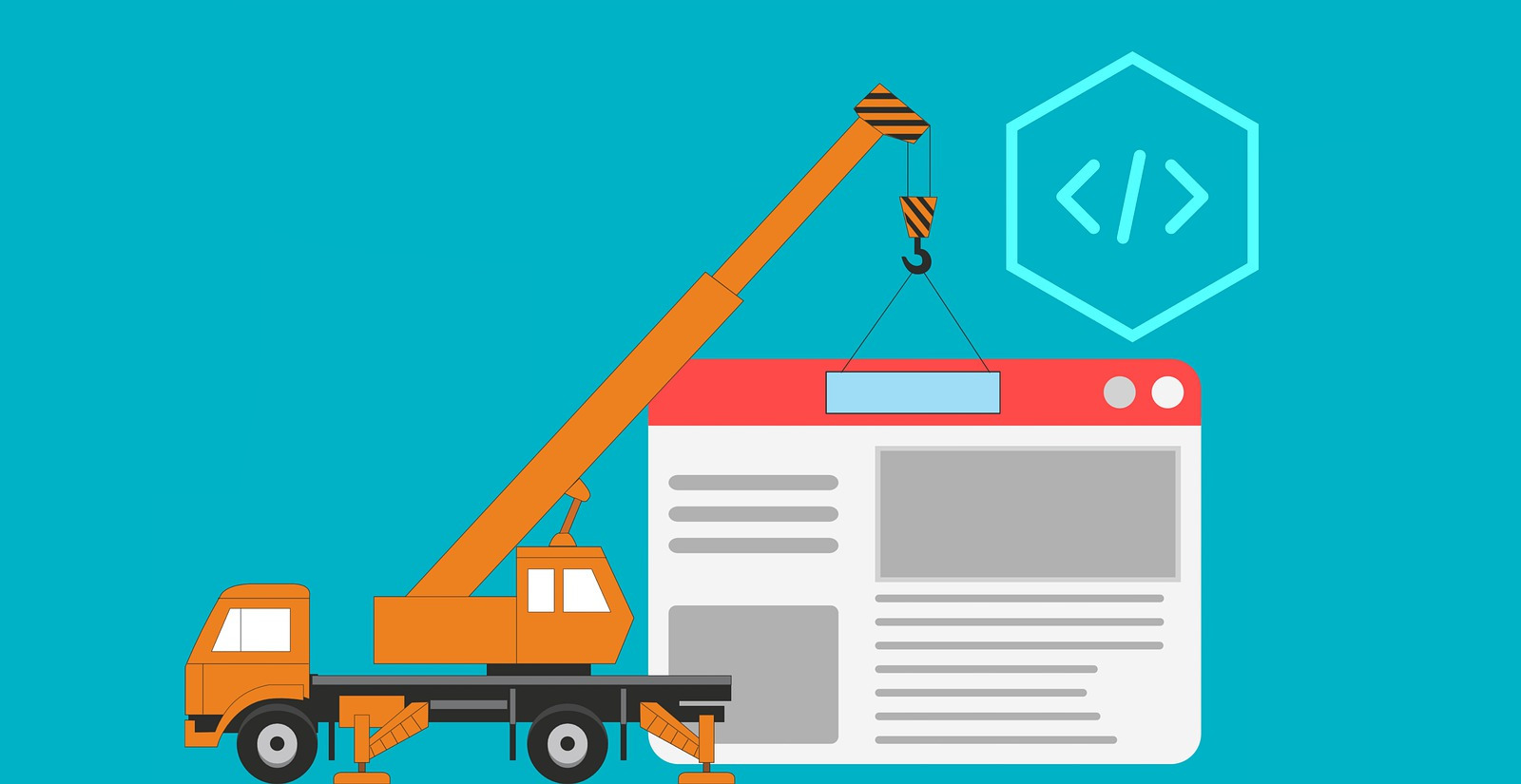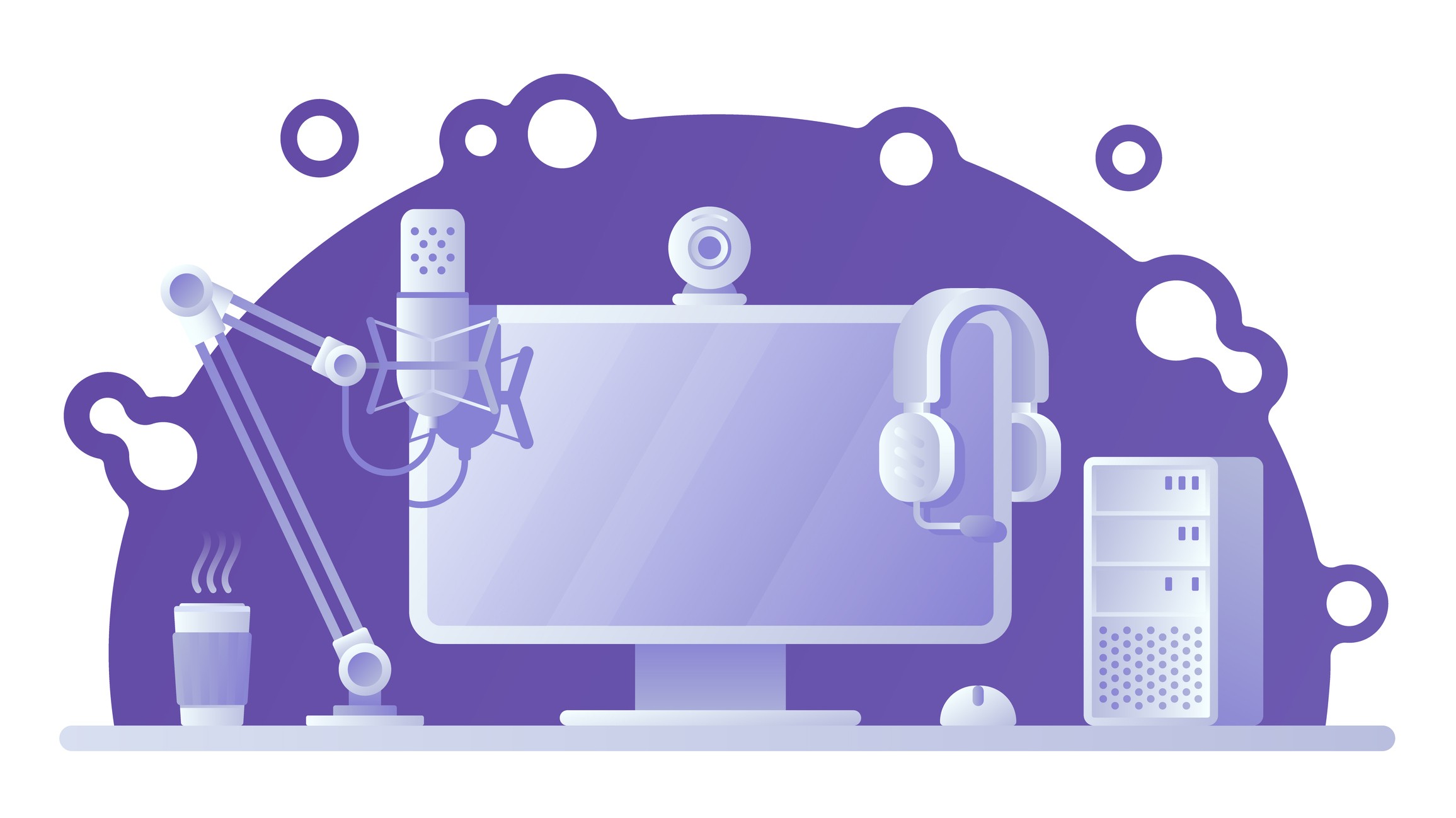Choosing the right website development approach is crucial for businesses seeking to establish a strong online presence. A website serves as the virtual storefront, representing the brand and engaging with customers.
One approach gaining popularity is custom-built websites using platforms like WordPress or Joomla. These content management systems (CMS) offer extensive features and flexibility for businesses to create unique, tailored websites that meet their specific needs. With user-friendly interfaces and a wide range of customizable options, WordPress and Joomla provide an efficient and streamlined website management experience.
Advantages of Website Builders
Website builders have gained popularity as a convenient and accessible solution for building websites, especially for individuals and small businesses with limited technical expertise. While website builders offer these advantages, it's important to consider the specific needs of your website and business. For more complex or customized websites, a custom-built solution using platforms like WordPress or Joomla may provide greater flexibility and functionality.
- Ease of Use
Website builders are designed with user-friendly interfaces and intuitive drag-and-drop functionality, making them accessible to individuals without coding knowledge. They provide pre-designed templates and layouts, allowing users to quickly create and customize their websites with ease. - Cost-Effective
Website builders often offer affordable pricing plans, making them budget-friendly options for individuals and small businesses. They eliminate the need for hiring professional web designers or developers, significantly reducing upfront costs. - Technical Support
Most website builders provide technical support and customer service, ensuring that you have assistance whenever you encounter issues or need guidance. This support can be valuable, especially for individuals with limited technical knowledge. - Updates and Maintenance
Website builders typically handle updates and maintenance tasks for you. They ensure that your website remains up-to-date with the latest features, security patches, and performance improvements, freeing you from the responsibility of managing these aspects yourself. - Hosting and Security
Website builders often include hosting services, ensuring that your website is accessible to visitors. They also provide built-in security measures to protect your website from common threats, offering peace of mind and saving you the hassle of seeking separate hosting and security solutions.
Disadvantages of Website Builders
It's important for businesses to consider limitations of website builders when making a decision about their website development.
While website builders can offer convenience and simplicity, websites with specific customization, scalability, and performance needs may find custom-built websites using platforms like WordPress or Joomla to be a more suitable and flexible long-term solution.
- Dependency on the Website Builder Platform
One of the main limitations of website builders is their dependency on the specific platform they are built on. Businesses using website builders may become locked into a particular vendor, making it challenging to switch to a different platform in the future. This lack of flexibility can limit the business's options and hinder their ability to adapt to changing needs. - Limited Customization Options and Design Restrictions
Website builders often come with pre-designed templates and limited customization options. While these templates can offer convenience and ease of use, they may restrict businesses' ability to create a truly unique and tailored website. Customization options may be limited to changing colors, fonts, and basic layout modifications, which may not meet the specific design requirements of businesses with a distinct brand identity. - Lack of Scalability for Complex or Highly Customized Websites
As businesses grow and their website needs evolve, website builders may struggle to accommodate complex or highly customized websites. These platforms may not offer the necessary flexibility and advanced functionalities required for sophisticated features or extensive integrations. This lack of scalability can impede businesses from expanding their website's capabilities as they reach new levels of complexity. - Potential Performance and Loading Speed Issues
Websites built with website builders may encounter performance issues, particularly as the website grows in size and complexity. Since website builders typically have a one-size-fits-all approach, the underlying code may not be optimized for speed and efficiency. This can result in slower loading times, negatively impacting user experience and search engine rankings. - Risk of Starting Over
One significant drawback of website builders is the risk of starting over if the website outgrows the capabilities of the platform. As businesses evolve and require more advanced features or functionalities, they may need to transition to a different website development approach altogether, resulting in additional costs and potential disruption to their online presence.
Advantages of Custom-Built Websites
By opting for a custom-built website using platforms like WordPress or Joomla, businesses access a range of advantages that empower them to create a unique and powerful online presence. They gain complete control and ownership of their website, allowing them to tailor every aspect to their specific needs and branding.
With the flexibility and customization options offered by these platforms, businesses can design a website that stands out from competitors and delivers a seamless user experience
- Complete Control and Ownership
When opting for a custom-built website, businesses have full control and ownership over their online presence. They can tailor every aspect of the website, including design, layout, and functionality, to align with their unique brand identity and business objectives. - Flexibility and Customization
Custom-built websites offer unparalleled flexibility and customization options. Businesses can personalize their website to cater specifically to their target audience, ensuring a seamless user experience. They have the freedom to incorporate unique design elements, interactive features, and specialized functionalities to meet their specific business needs. - Access to Advanced Features
With platforms like WordPress or Joomla, custom-built websites gain access to a vast array of advanced features, plugins, and extensions. These tools can enhance the website's functionality, such as e-commerce capabilities, customer relationship management, analytics, SEO optimization, and more. Businesses can leverage these resources to create a robust online presence tailored to their requirements. - Scalability and Future Growth
Custom-built websites are designed with scalability in mind. They can easily accommodate future growth and expansion, allowing businesses to add new pages, features, and functionalities as their needs evolve. The website's architecture and underlying CMS provide a solid foundation for seamless updates and upgrades, ensuring long-term sustainability. - Easy Content Management
Content management becomes a breeze with intuitive interfaces offered by platforms like WordPress or Joomla. Businesses can effortlessly update and manage their website's content, including text, images, videos, and more, without requiring extensive technical expertise. The user-friendly CMS empowers businesses to maintain an up-to-date and engaging online presence with ease. - SEO and Insights:
Custom-built websites offer a distinct advantage when it comes to search engine optimization (SEO) and gaining valuable insights through traffic tracking. Businesses gain enhanced control over implementing SEO best practices, this flexibility empowers businesses to tailor their strategies to match their specific goals and target audience.
Disadvantages of Custom-Built Websites
While custom-built websites offer numerous advantages, it's essential to consider the potential drawbacks they may present.
For smaller projects or individuals with limited budgets and technical requirements, website builders may be a more suitable and cost-effective solution. However, for larger, more complex projects that require custom functionality and design, a custom-built website is typically the better choice despite the associated challenges.
- Higher Cost
Custom-built websites typically involve higher upfront costs compared to using website builders. Hiring professional web designers or developers, along with ongoing maintenance and updates, can require a significant investment. - Development Time
Creating a custom-built website takes time, as it involves extensive planning, design, and development phases. This can result in a longer development timeline compared to using pre-designed templates or website builders, delaying the launch of your website. - Technical Expertise
Building a custom website requires technical expertise or hiring professionals who possess the necessary skills. This can be challenging for individuals or small businesses without in-house web development resources, potentially leading to additional costs for outsourcing development work. - Maintenance and Updates
With a custom-built website, you are responsible for ongoing maintenance and updates. This includes regularly monitoring and fixing any technical issues, implementing security measures, and ensuring compatibility with evolving web standards and technologies.
Easy Management with WordPress or Joomla
By choosing WordPress or Joomla for their website development, businesses gain access to user-friendly interfaces, a vast selection of themes and plugins, robust community support, regular updates, and seamless integrations.
These features make website management easier and more efficient, allowing businesses to focus on their core objectives and deliver an exceptional online experience to their visitors.
- User-friendly Interfaces and Intuitive Content Management Systems
Both WordPress and Joomla offer user-friendly interfaces that simplify the process of managing website content. These content management systems (CMS) provide intuitive dashboards and editing tools, allowing businesses to easily update and publish content without requiring extensive technical knowledge. - Vast Selection of Themes, Templates, and Plugins
WordPress and Joomla boast a vast library of themes, templates, and plugins that cater to different design preferences and functional requirements. Businesses can choose from a wide range of options to customize the look and feel of their website and add desired functionalities with ease. This extensive selection empowers businesses to create a visually appealing and feature-rich website without the need for extensive coding. - Robust Community Support and Resources
Both WordPress and Joomla benefit from large and active communities of developers, designers, and users. These communities provide valuable support, resources, and documentation, making it easier for businesses to troubleshoot issues, seek guidance, and continuously improve their websites. Businesses can tap into the knowledge and expertise of the community to enhance their website's performance and functionality. - Regular Updates and Security Enhancements
WordPress and Joomla continuously release updates to improve their platforms' performance, security, and stability. These updates often include bug fixes, feature enhancements, and security patches to protect websites from potential vulnerabilities. By leveraging these updates, businesses can ensure their websites remain secure, up-to-date, and optimized for optimal performance. - Seamless Integration with Various Tools and Platforms
WordPress and Joomla offer seamless integration with a wide range of tools and platforms, such as e-commerce solutions, marketing automation systems, customer relationship management (CRM) software, and more. This integration streamlines workflows, enhances efficiency, and boosts productivity by enabling businesses to connect their website with other essential tools in their tech stack.
Custom-built websites offer numerous advantages, including the ability to create a unique design that aligns with your brand, the flexibility to customize features and functionality, and seamless integration with tools and platforms.
While website builders have their merits, it's important to consider their limitations. These include dependency on the platform, limited customization options, scalability challenges, and potential performance issues. Custom-built websites offer more control and flexibility in overcoming these limitations.




